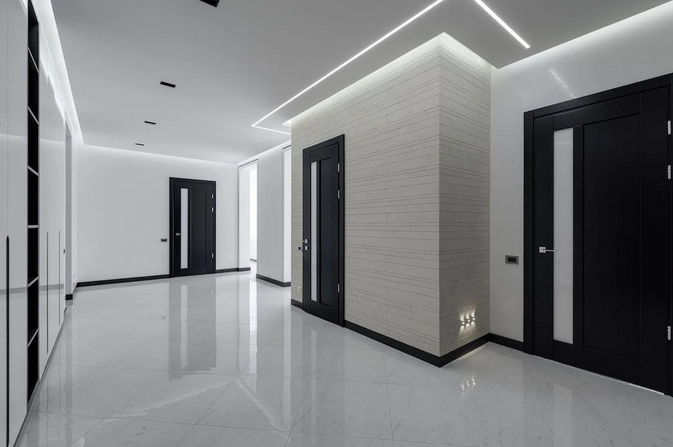
Things to Consider When Choosing Soundproof Interior Doors
If you’ve ever been bothered by noisy neighbors, loud appliances, or simply want some peace and quiet in your home, then this article is for you. Soundproofing your doors can make a significant difference in reducing noise levels and creating a more serene living space.
But with so many options available, how do you choose the right soundproof interior door? In this guide, we’ll explore the key factors to consider when selecting the perfect door that will keep unwanted sounds at bay. So, let’s dive in and discover how to create a quieter haven within your home.
STC Rating
When it comes to soundproof interior doors, one of the most important factors to consider is their Sound Transmission Class (STC) rating. The STC rating measures a door’s ability to block out sound and ranges from 20-80, with higher numbers indicating better sound insulation.
A higher STC rating means that the door will be more effective in reducing noise transmission between rooms or from outside sources. For example, if you live near a busy street or have noisy family members, opting for a door with a higher STC rating can significantly minimize disruptive sounds. So, if you’ve already planned to paint your door and even looked at the price to paint interior doors, you might just want to cancel it, as all you need to do is buy a door with a higher STC rating.
Weatherstripping and Acoustic Sealants

When it comes to choosing soundproof interior doors, one crucial factor to consider is weatherstripping and acoustic sealants. These elements are the key to minimizing noise leakage and enhancing the overall sound insulation of your space. Weatherstripping is typically installed around the edges of the door to create a tight seal when closed. It helps prevent drafts, air infiltration, and even noise transmission. Look for high-quality weatherstripping materials such as rubber or silicone that are durable and can withstand frequent use.
Acoustic sealants work hand in hand with weatherstripping to further enhance soundproofing capabilities. These specialized sealants are designed to fill any gaps or cracks between the frame and the door, ensuring there are no areas where sound can easily escape or enter.
Proper Door Material
Different materials have different acoustic properties, so consider this when shopping for a new door. One popular choice for soundproofing is solid wood doors. These doors are known for their density and ability to block out noise. However, they can be quite expensive and may require regular maintenance to keep them looking their best.
Another option is composite doors, which are made from a combination of materials such as wood fiber and resin. These doors offer good sound insulation while being more affordable than solid wood doors. They also tend to be more durable and resistant to warping or rotting. If you’re on a tighter budget, hollow core doors might be an option worth considering. While not as effective at blocking out noise as solid wood or composite doors, they still provide some level of soundproofing at a lower cost.
Wrapping Up
In short, whether you’re looking for privacy in your home office or peace and quiet in your bedroom, these considerations will definitely help you shop for the best door for your soundproof space.
Investing in quality soundproof interior doors is an investment in both tranquility and productivity. So take the time to evaluate your options carefully before making a decision – it’s worth every effort.

